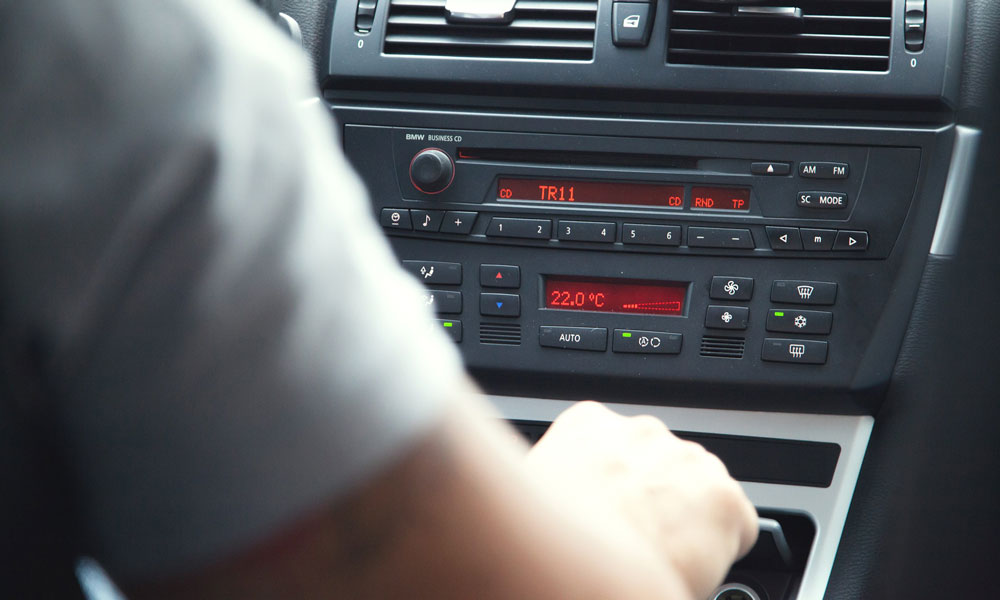
Plastics Industry Project Aims to Boost Automotive Recycling
A demonstration project from SPI: The Plastics Industry Trade Association will test how well recyclers recover plastic car parts to promote better recycling processes, greater plastic resale and reuse, and more sustainable auto design.
As auto manufacturers use more plastics to create lighter weight cars, SPI: The Plastics Industry Trade Association has begun a new project to test ways to better recycle and reuse those plastic parts.
Research for SPI’s Automotive End-of-Life Vehicles Recycling Demonstration Project will look into the possibility of recovering a greater amount of plastics from cars during the recycling process, helping auto recyclers receive more resale value before the vehicle is shredded.
“All plastics should be treated as a valuable resource, so by looking at the feasibility of recovering these materials, we are helping to extend the life of these plastics,” Senior Director of Recycling and Diversion Kim Holmes said. “And then from a recycler perspective, we’re creating new economic opportunities for them.”
The project will focus on polypropylene and thermoplastic olefin, because these plastics products are heavily used in the automotive industry and the market for them is growing.
SPI and its partner, the Automotive Recyclers Association, are testing how effectively these products can be recycled by different plastics and automotive recyclers using different recovery processes. Fellow project partners, the Automotive Recyclers of Canada and the Canadian Plastics Industry Association, will run parallel tests in their country. As a demonstration process, it should be scalable and replicable for other recyclers.
“We hope that we can successfully demonstrate this [process], so that we can begin to garner the interest of other plastics recyclers and other auto recyclers who see the opportunity and want to take advantage of it,” Holmes said.
Upon completing the research, SPI hopes to develop best practices that help auto yards recover the desired materials while maintaining their value and reducing contamination, as well as inform plastic recyclers of the best equipment and processes to use to get the highest resulting value.
But this project will also provide guidance to auto manufacturers. “What we hope, too, is that the information we learn about the recyclability of these parts, we can feed that back up to the supply chain to auto manufacturers and get them to begin to think about design for recycling—how can they optimize the design of these parts to encourage and facilitate recovery,” Holmes said.
Though some automotive plastics recovery is already taking place, this project will advance SPI’s mission of increasing the amount and types being reused. Following the initial project, the group plans to add additional auto plastics materials to the research.
“We want to make sure that our members see the business benefit of recycling automotive plastics,” Holmes said in a press release. “The way to get real buy-in is to have concrete data that builds the business case for these recovery models.
(Pixabay)






Comments